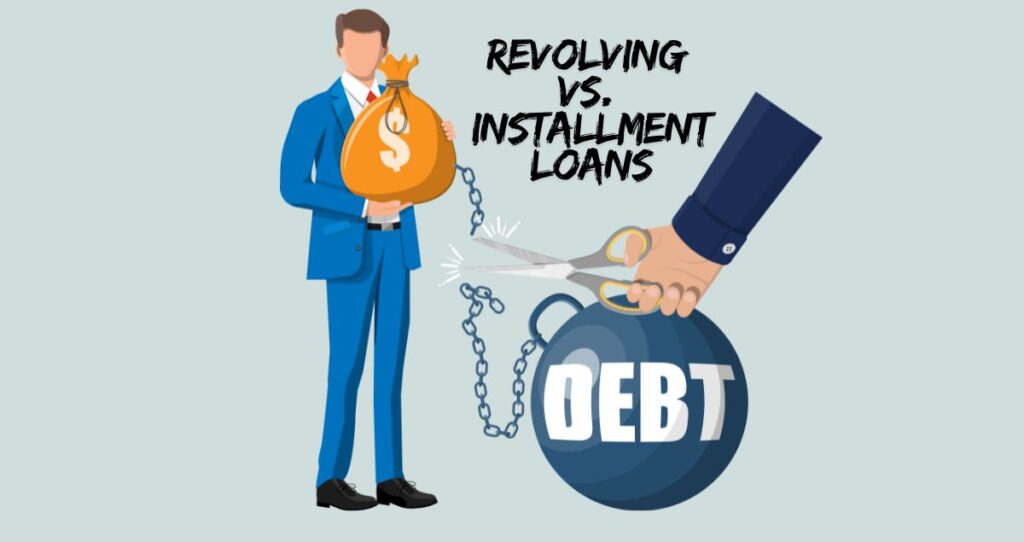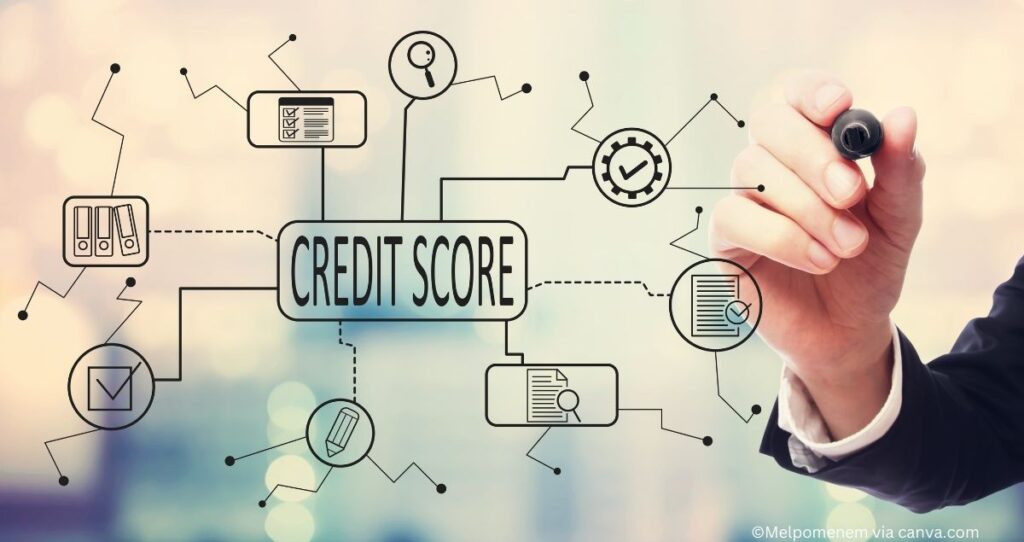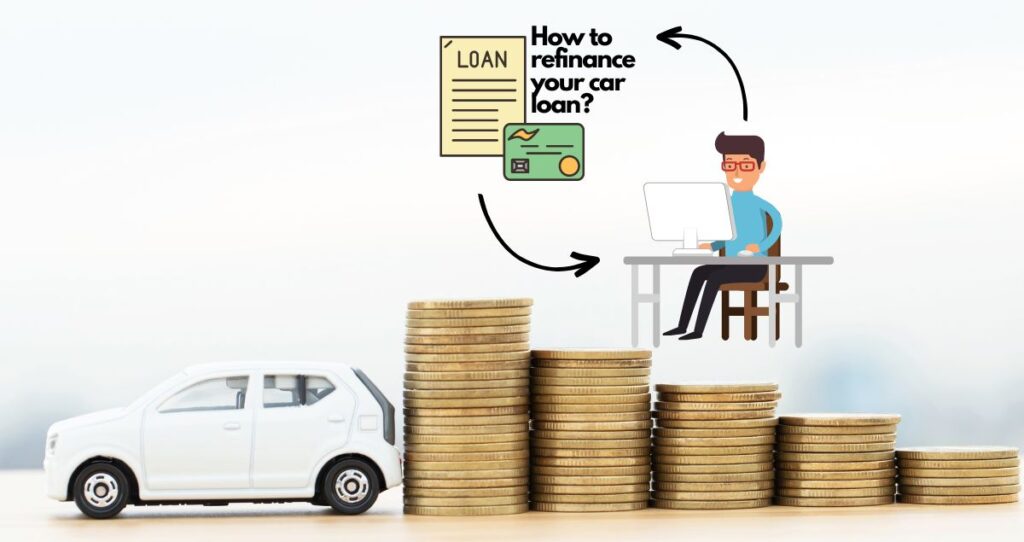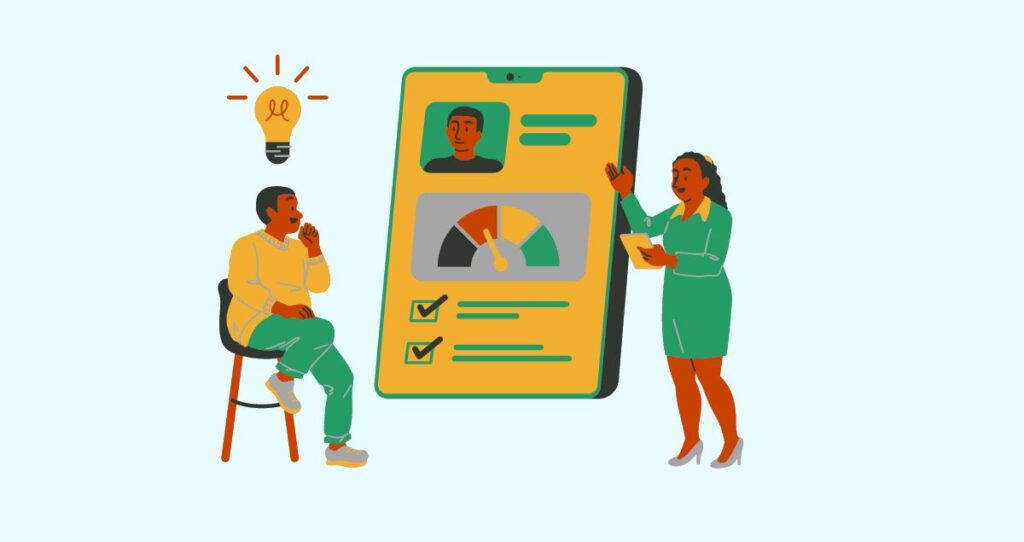Having good credit is essential when it comes to borrowing money. Lenders prefer to extend lines of credit to borrowers with established credit over those with thin credit files or with bad credit. With good credit, you will also qualify for competitive interest rates and favorable terms. Borrowers without good credit find it difficult to qualify for loans. In case, they get approved for certain loans, borrowers with bad credit pay the highest interest rates and terms are usually stricter. This is why it is essential to build credit first before you can apply for common loans such as mortgages and car loans. This article will walk you through the best loans for building credit no matter your credit history or financial situation.
When it comes to building credit, there is one important question you need to answer. Does the lender report your credit activities to credit reporting bureaus(Equifax, TransUnion, and Experian)? This is very important because the information reported to major credit bureaus is what gets reflected on your credit reports and helps you increase your credit score. Without reporting your account activities to major credit reporting agencies, you will not be able to build enough credit necessary to qualify for normal loans.
Since your main goal is to find the best loan for building credit, you need to avoid loans that do not report to credit bureaus such as payday loans, pawn loans, etc.
The credit builder loan you qualify for will depend on your unique situation
The credit builder loan you go with will depend on the health of your credit. For example, if you recently filed for bankruptcy, it will be difficult to qualify for common credit accounts such as credit cards, mortgages, and car loans. In this case, you will need to rely on credit builder loans designed for people with bad credit.
It is also important to stay away from risky loans such as personal loans. Your goal is to build credit not get into financial trouble. In case, you have a thin credit file, you might need to look for starter credit accounts such as secured credit cards. Having a thin credit file means that your credit reports have little to no credit account activities.
The following are the best loans for building credit.
1. Student loans for students
Student loans are perfect loans for building credit. Whether you have federal student loans (Direct Subsidized Loans, Direct Unsubsidized, Direct PLUS Loans) or private loans, student loans are some of the best loans to build credit. You don’t necessarily have to graduate before you can start paying off your student loans. You can start building a credit history by paying interest on your loan while you are still in school.
Most student loan providers report your payment history and other account activities to credit reporting bureaus. This helps you improve your thin credit file, build your credit history, and improve your credit score.
Your credit age is also a major factor in your FICO score calculation. So, the longer you responsibly become a credit user, the higher your credit age will become. This in turn will help you build a strong credit history.
You might also like: How to build credit as a college student?
2. Secured credit cards for those getting started with credit and those with bad credit
If you are getting started with credit or have bad credit, secured credit cards will be your best loan for building credit. Lenders don’t trust people who are new to credit or those who have proven to be risky borrowers. So, if you are new to credit or trying to rebuild your credit, you will not easily qualify for normal credit cards, car loans, and mortgages.
This is where secured credit accounts come in. Secured credit cards require a deposit before you can open a credit account. Your deposit will act as collateral in case you fall behind on your payments or default on the balance you carry.
What makes secured credit cards the best loans for building credit is that you will have a low credit limit. Usually, your deposit determines your credit limit. Lenders also approve you for lower limits to minimize their risks. As you use your account responsibly, your account activities help you build the credit needed for common loans.
Make sure that your lender reports secured credit activities to major credit bureaus. This will allow you to have credit account records on your credit reports and increase your credit score.
Once you have built enough history and boosted your credit score, you will be able to qualify for better credit cards with fewer restrictions. Your deposit will also be reimbursed when you close your credit card account.
3. Credit builder loans: Designed to help those without enough credit activities or with bad credit
Building credit can sometimes pose a big challenge. Things get more complicated, especially for those who have bad credit. No lender will give you money when you have a bad credit score and wrecked credit.
You cannot easily qualify for car loans, mortgages, or personal loans. The only option for you will be to look for loans that are specifically designed for building credit.
Credit builder loans usually come with higher interest rates and stricter terms. This is because lenders take a greater risk when they extend credit lines to people with bad credit. Most online lending institutions, banks, and credit unions offer credit builder loans. Even if these loans are risky and might come with higher rates, you still need to shop around and sign up for loans with favorable terms.
Your account activities such as payment, credit utilization, credit age, new accounts, etc, will be reported on your credit reports and help you boost your credit score.
4. Student credit cards for those who are new to credit
Student credit cards come with lower credit limits which makes them perfect loans for building credit. Most credit cards come with credit limits under $1,000. With this limit, you can safely use your credit cards without getting into too many credit card debts. All on-time payments and other account activities will help you build credit in no time.
Also submit your rent, utility bills, phone bills, and streaming services payments to credit bureaus. These activities show that you pay your bills on time, and therefore, a responsible credit user
Payment history alone affects 35% of your FICO score and 40% of your Vantage score. These percentages make your payment history the biggest factor in your credit score calculations. So, if you are already making payments on your existing accounts, you can easily get rewarded for making on-time payments.
Lenders need to see if you can pay your bills on time. In order to benefit from payments you are making already, have your rent payments, utility, streaming, and phone bills submitted to credit reporting bureaus. Paying your bills on time and using your existing accounts effectively show that you make better financial decisions. This in the end helps you qualify for common credit accounts such as credit cards, car loans, personal loans, and mortgages.
7 important things to do when building your credit
Although getting the right credit builder loan is important, using that loan appropriately is equally important. The following are 7 tips you need to effectively take advantage of credit builder loans.
1. Keep your eyes on your credit utilization ratio
Revolving credit accounts such as credit cards will have a credit limit. Your credit limit is the maximum amount you can spend on the account. The percentage of that credit limit you spent compared to the available limit becomes your credit utilization. Having a higher credit utilization will negatively affect your credit score.
Credit utilization is one of the biggest factors in your credit score. Your credit utilization alone affects 30% of your FICO score and 20% of your Vantage score. A higher utilization ratio indicates that you are relying on debt to cover your lifestyle which makes you a risky borrower. This could be due to the lack of proper financial means or to being financially irresponsible.
In order to properly use your credit builder loans, make sure that you watch how much you spend on your credit accounts. Since your main goal is to build credit, it is crucial that you track your revolving credit spending and keep your utilization low. A good utilization ratio should be under 10% at any point in time. A low utilization ratio results in paying small interest charges and the balance is easy to pay off.
2. Make your payments on time
Whether you have a credit builder loan or a normal loan such as a mortgage, a car loan, or a personal loan, you should always make your payments on time. Payment history is the biggest factor in your credit scores. At the end of the day, you are automatically a bad borrower if you cannot pay off your bills on time.
Late payments or missed payments will negatively affect the health of your credit and lower your credit score. Keeping delinquent payments for too long can turn into charge-offs, defaults, foreclosures, or collections. Having these negative items on your credit reports will hinder your ability to qualify for more loans. In addition, these negative items will stay on your credit reports for 7 years.
3. Stay consistent with the accounts
Building credit is not a one-day process. It is a continuous journey that takes many months or years depending on your approach. After getting the right loan for building credit, it will be extremely important to stay consistent with the account. You don’t want to make on-time payments for 6 months and miss the 7th month. All your efforts would have been in vain.
Always remember that it is easier to wreck your credit than to build it. So, stay consistent with your account activities and make sure that you follow the terms of the credit account.
4. Avoid borrowing excessively
Although you need to open credit accounts to build credit, it is never a good idea to open too many accounts. Lenders don’t like it when you are applying for debt nonstop. What they care about is whether you have a good mixture of credit accounts and how you use those accounts.
Opening many credit accounts is also risky. For example, it is easy to manage 3 credit card accounts than 20 accounts. Many accounts also come with unnecessary credit limits which lead to spending temptations. You don’t want to put yourself in this situation when you are trying to build credit.
Borrowing too much or excessively spending leads to the accumulation of debts. In addition, you might end up hurting your credit score due to hard inquiries on your credit reports.
5. Pay off your debts
Millions of people wreck their credits because they never take responsibility for their loans. For example, there are some people who stop making payments on their student loans because they think they might be forgiven. Although it is good to have those loans forgiven, entrusting your financial future merely on luck is never a good idea. If you think you will not be able to pay off your loans, don’t take them.
But, if you take out loans, take responsibility and pay them off. Being responsible is a key ingredient in building credit.
In case you have accumulated debts already, pay them off as fast as possible. Any debt you have must be paid off and the longer you hold it, the more it costs you in interest charges. Holding debts also put more stress on the health of your credit. As a rule of thumb, you should never borrow more than you can afford to pay off. Furthermore, you should never delay paying off your debts.
If you need to right strategy to pay off your debts, read the following articles.
- 6 effective ways to pay off revolving debt fast
- How to use the debt avalanche method to pay off debt?
- How to use the debt snowball method to pay off debt?
6. Check your credit reports
Building your credit requires you to be aware of how your account activities are being reported to major credit bureaus. Some lenders report to all major bureaus whereas others report to one or two bureaus. There are lenders who don’t even report your information at all. So, you need to have your activities reported to major bureaus to make sure that all your activities are contributing to building credit.
Your credit reports will allow you to see who is reporting your information, what they are reporting, how much, etc. In addition, your credit reports will allow you to check if there are errors, misinformation, outdated address, or fraudulent activities on your credit reports.
In case you see errors, inaccuracies, or fraudulent activities on your credit reports, dispute them and have them removed. Negative items that are passed due can also be removed from your credit reports. For example, a hard inquiry that is more than 24 months can be disputed. This is because hard inquiries stay on your credit reports for 24 months and automatically fall off after.
Each credit bureau is required to give you a free copy of your credit report once in 12 months. To get a free copy of your annual credit report download it from the official website authorized for free credit reports: https://www.annualcreditreport.com/index.action
7. Monitor your credit score
At the end of the day, you need to know how well you are doing in your credit-building journey. One way to tell if you are doing the right thing is to check your credit score. Any improvement you make on your credit will be reflected by an increase in your credit score.
If your credit score is not showing any sign of improvement, it will indicate that you are not doing everything you can to build credit and improve your credit score. On the other hand, if your credit score is continuously going lower, it will be a sign that you are doing the opposite of what you are supped to be doing.
The bottom line
Building credit can sometimes be a difficult task. But, with the right strategy, you can easily have established credit in no time. If you are getting started with credit, starter credit cards such as student credit cards and secured credit cards. You can also take advantage of student loans to build credit while in school by paying interest charges.
If you have bad credit, lenders will not trust you with common loans such as mortgages, car loans, or personal loans. The best loan for building credit, in your case, will be secured credit cards or credit-builder loans.
Applying for the best credit builder loan is the first step for building credit. Using that credit effectively is the most important step and what makes the difference. So, always make sure that you pay your bills on time, avoid excessive spending, and borrow only what you can afford to pay off.









